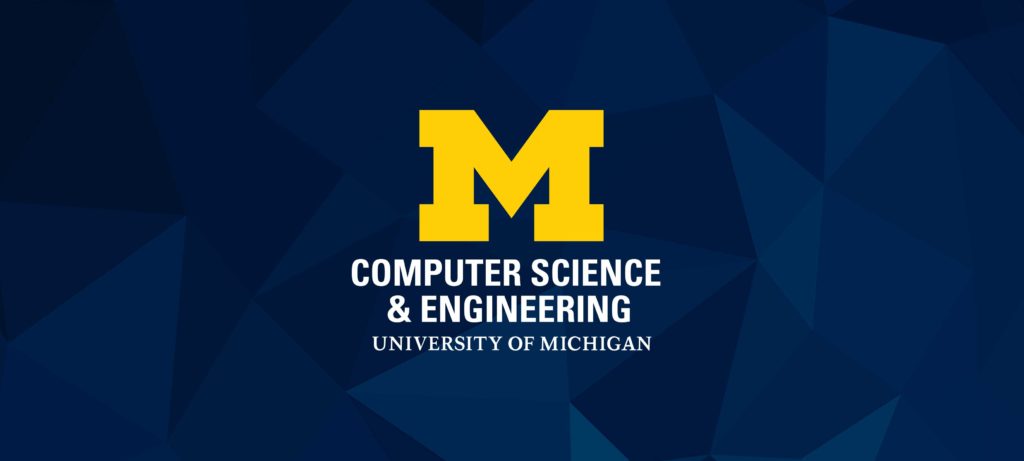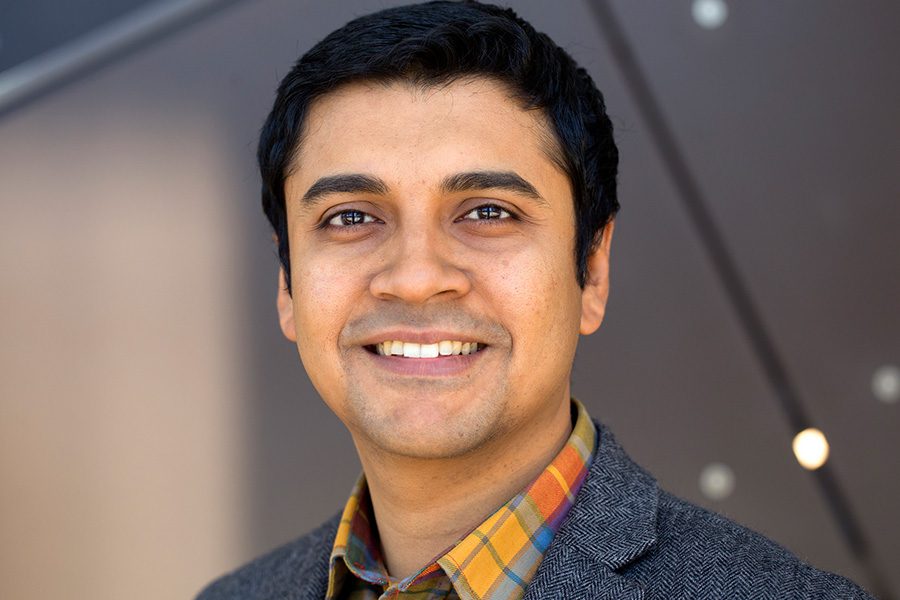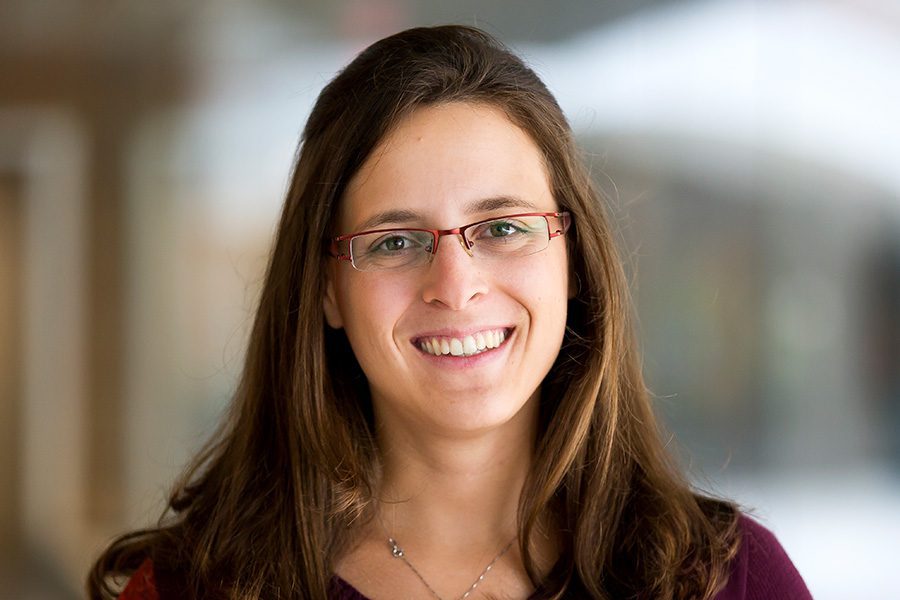Perez’s research focuses on analyzing speech patterns of patients with Huntington Disease.


Perez’s research focuses on analyzing speech patterns of patients with Huntington Disease.

Edge Fabric offers providers real-time performance analysis and a way to incorporate this data into routing decisions.

The goal of the work was to identify seven things about who the subject was talking to just by analyzing text messages.

Chowdhury’s work has produced important results that can make memory in data centers both cheaper and more efficient.

The U.S. needs to keep up with the progress of other nations in developing hypersonic weapons.
The post US, Russia, China race to develop hypersonic weapons appeared first on Engineering Research News.

Danai Koutra has earned an Army Young Investigator Award to speed up graph methods for distributed applications.
MORPHEUS can encrypt and reshuffle code thousands of times faster than human and electronic hackers.
The post New chip stops hacks before they start appeared first on Michigan Engineering News.

The Optics Society at U-M hosted an Industry Spotlight event, which brought academia, industry, and community together to celebrate all things optics and photonics.
With formidable challenges and the future changing fast, NAME aims to stay adaptable.
The post How donors are enabling research appeared first on Michigan Engineering News.

The meeting began the commission’s review and assessment of election security in Michigan.